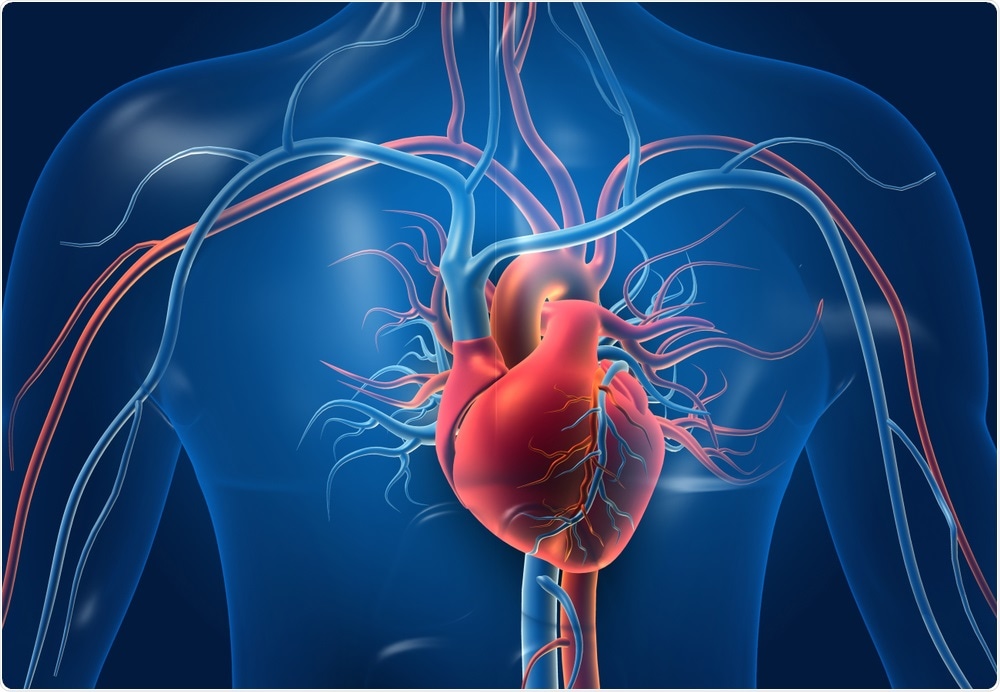Diet is one of the most important modifiable risk factors for cardiovascular disease and other non-communicable diseases. In 2017, we published results of the PURE study in the Lancet and reported the association between the number of carbohydrates and health outcomes. We found those who consumed more than 60% of their energy from carbohydrates had a higher risk of mortality and CVD.
A month ago, we published the results of another study in BMJ. In that study, we assessed the relationship between the quality of carbohydrates as refined, whole grains, and rice and health outcomes. We reported that highly refined grains, compared with a low intake (<50 g/day v >350 g/day) were significantly associated with a 27% higher risk of total mortality, 31% non-cardiovascular mortality, 33% major cardiovascular disease events, and 47% higher risk of stroke.
In the present study, we were interested to indicate the extent to which the glycemic index has any value as a marker of carbohydrate quality related to chronic disease in general and cardiovascular disease in particular.
By better understanding the harmful effect of poor quality carbohydrates on health outcomes, we will able to prevent premature death and CVD.

Bad Carbohydrates. Image Credit: Oleksandra Naumenko/Shutterstock.com
Why is having a healthy balanced diet so important for our health?
Diet is one of the most important modifiable risk factors of chronic disease and premature death. Cardiovascular disease is the leading cause of mortality worldwide, with 80% of the burden in low-income and middle-income countries.
Therefore, the impact of poor quality diet maybe more profound in those regions and among low-income families around the world.
Please could you give some examples of poor-quality carbohydrates?
Poor-quality carbohydrate foods include those that contain a low amount of fiber, a higher percentage of refined grains than whole grains. Poor quality carbohydrates are mainly processed grains such as refined grains (e.g. white bread) with a high glycemic index.
By contrast, low glycemic index foods are a rich source of fiber such as fruit, vegetable, legume, and whole grains. Low glycemic index foods gradually increase blood glucose and this is one of the reasons that they are healthier than refined grains.
Can you describe your latest research into carbohydrates and heart disease?
Using data from a large prospective cohort study that included 137,851 people in the Prospective Urban and Rural Epidemiology (PURE) study, we assessed the association between glycemic index and health outcomes. During a median follow-up of 9.5 years, about 9000 death and more than 8000 cardiovascular diseases were recorded.
Dietary information was obtained using a country-specific food frequency questionnaire at the beginning of the study. Our study population is unique because it includes people from 20 low-, middle-, and high-income countries throughout North America, Europe, South America, Africa, and Asia.
What did discover?
After performing extensive adjustments, we found that a diet with a high glycemic index was associated with 28%, 25%, 14%, higher risk of stroke, major CV events, and death due to cardiovascular disease respectively in all participants.
Associations were even stronger among those with preexisting CVD with a 71% higher risk of stroke and 49% higher risk of CV events. Results concerning glycemic load were similar.

Heart. Image Credit: Explode/Shutterstock.com
Your study geographically is the largest study of this kind. Why is it important to study a large and dietary diverse population for this type of research?
The study population is unique because it includes people from 20 low-, middle-, and high-income countries throughout North America, Europe, South America, Africa, and Asia. We know that burden of non-communicable diseases is higher in low and middle-income countries. 80% of CVD happens in low and middle-income countries where poor quality carbohydrate consumption is high.
Therefore, people in those regions benefit more by lowering their intake of high glycemic index foods such as refined grains and this would be the same for low-income families in high-income countries. Also, our results are robust in different populations with varying dietary patterns, which suggests that the findings are widely applicable.
What advice should be given to people regarding their diet and heart health?
Intakes of a combination of cereal grains with a lower intake of refined should be encouraged while promoting a higher intake of whole grains. Reduction in quantity and improvement in the quality of carbohydrate is essential for better health outcomes.
We always encourage choosing minimally processed foods, higher consumption of fruits, vegetables, legumes, and whole grains over refined grains as often as possible.
Do you believe that with continued research, people will have a better understanding of harmful diets?
We are providing new evidence and we hope that dietary guidelines in North America, with its multicultural population, consider these findings and encourage individuals to lower their refined grain and sugar intake and promote a higher intake of whole grains.
Also, public health policies should encourage a diversity of sources of carbohydrate consumption, meaning consumption of foods from all types of grains, legumes, roots, tubers in moderation. These messages should be distributed to the public by media as well.

Fruit and Vegetables. Image Credit: monticello/Shutterstock.com
What are the next steps in your research?
Currently, I am investigating associations of foods with varying degrees of processing and health outcomes and am hoping to publish the results of this research soon.
Where can readers find more information?
- Jenkin D, Dehghan M, Yusuf S. et al. Glycemic Index, Glycemic Load and Cardiovascular Disease and Mortality. NEJM 2020
- Swaminathan S, Dehghan M, Yusuf S. et al. Associations of cereal grains intake with cardiovascular disease and mortality across 21 countries in the Prospective Urban and Rural Epidemiological Study: A prospective cohort study. BMJ 2020
- Dehghan M, Mente A, Yusuf S. et al. Association of egg intake with blood lipids, cardiovascular disease, and mortality in 177,000 people in 50 countries. Am J Clin Nutr. 2020
- Dehghan M, Mente A, Yusuf S. et al. Association of dairy intake with cardiovascular disease and mortality in 21 countries from 5 continents: The PURE study. The Lancet. 2018 S0140-6736(18)31812-9.
- Dehghan M, Mente A, Yusuf S. et al. Associations of fats and carbohydrate intake with cardiovascular disease and mortality in 18 countries from 5 continents: The PURE study. The Lancet. 2017. 4;390 (10107):2050-2062.
- Miller V, Mente A, Dehghan M et al. Fruit, vegetable, and legume intake and cardiovascular disease and deaths: The Prospective Urban Rural Epidemiology (PURE) study in 18 countries. The Lancet. 2017. 4;390 (10107):2037-2049.
About Dr. Mahshid Dehghan
Mahshid Dehghan is an investigator for the Nutrition Epidemiology program at Population Health Research Institute and the nutrition lead of the PURE study and the INTERSTROKE study. Her main interests are the development of methods to measure the long-term dietary intake of individuals around the world and understand the impact of dietary factors in the cause and prevention of cardiovascular disease and cancer.
She has published 64 papers and 2 book chapters. She holds two Masters of Clinical Nutrition and Health Research Methodology and received her doctoral degree in Clinical Nutrition from Newcastle University, England, and completed post-doctoral training in Nutrition Epidemiology at McMaster University in Canada.